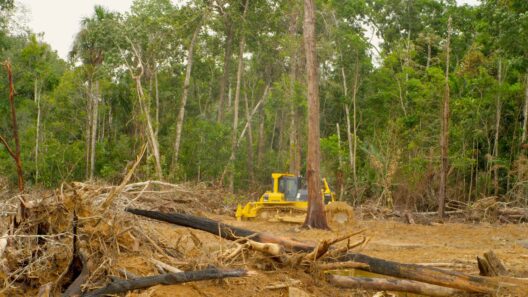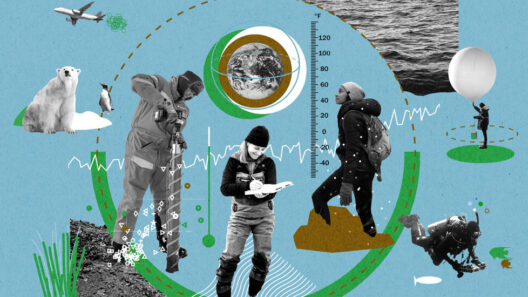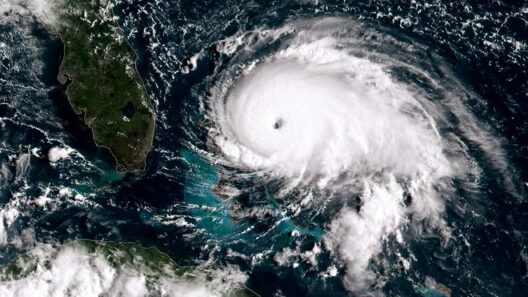Understanding whether Vladimir Putin believes in global warming requires an examination of his public statements, policy decisions, and Russia’s unique geopolitical context. The climate issue has become an essential topic in global discourse, affecting international relations, economic strategies, and national security. This essay will delve into Putin’s perspective on climate change, considering historical context, current policies, and the implications for both Russia and the global community.
To grasp Putin’s stand on global warming, one must first consider his historical engagement with environmental issues. Since the early 2000s, there have been sporadic public statements by Putin acknowledging climate change as a phenomenon that merits attention. He has stated that Russia is vulnerable to the impacts of climate change, particularly concerning its vast permafrost regions and agricultural stability. Nevertheless, these statements are often overshadowed by his government’s prioritization of energy production and economic growth, primarily through fossil fuel extraction and export.
Russia’s economic reliance on oil and natural gas is a cornerstone of its political and economic framework. The energy sector accounts for a significant portion of the state’s revenue, which complicates its stance on global warming. While acknowledging climate change, Putin’s administration has generally pursued policies that favor continued fossil fuel exploitation. This contradiction raises questions about the sincerity of his commitment to addressing environmental concerns.
Moreover, the geopolitical dynamics surrounding climate change have influenced Putin’s rhetoric. Russia’s unique geographical position offers both challenges and opportunities regarding climate change. For instance, as the Arctic ice melts, new shipping routes and oil reserves become accessible, presenting Russia with potential economic advantages. In this light, statements about climate concern may be more strategic, intended to position Russia favorably in global dialogues rather than reflecting genuine commitment to sustainable practices.
Putin has also criticized Western nations for what he perceives as hypocrisy in their environmental policies. He often points to the disproportionate emission levels of developed countries while advocating for the need for developing nations, including Russia, to pursue economic growth. This narrative resonates domestically, allowing him to portray environmental regulations as impediments to national progress. Thus, while he may recognize climate change, it is entwined with a nationalistic stance that prioritizes economic gains over stringent environmental standards.
Recent climate summits and international agreements have seen Russia participate, albeit with cautious engagement. The Paris Agreement is a case in point. Putin signed on to the accord with the stipulation that it respects Russia’s economic interests. This interpretation underscores the dichotomy of his position: while willing to engage on an international level, he firmly positions Russian economic priorities above stringent commitments to reduce greenhouse gas emissions.
In terms of actual policy implementation, Russia’s approach has ranged from ambitious promises to lackluster results. The country has ambitious targets for reducing its carbon footprint, but the efficacy of these measures remains debatable. The governmental focus appears more pronounced around maintaining a favorable image in international forums, rather than enacting transformative policies domestically.
One worrying aspect is the limited investment in renewable energy sources. While Putin has discussed diversifying energy sources, progress has been slow. The continued reliance on fossil fuels echoes a broader ambivalence towards climate change within the structure of the Russian economy and governance. Furthermore, substantial investment into oil infrastructure undermines any gains that might be made through surface-level eco-friendly initiatives.
Additionally, the societal perspective on climate change within Russia is complex. Public awareness and concern about global warming are generally lower compared to many Western nations. This could be attributed to a mix of historical skepticism towards Western science, economic challenges, and social issues overshadowing environmental discussions. Consequently, this creates an environment in which Putin’s messages can be crafted without strong public resistance or demand for accountability.
Putin’s reluctance to fully embrace stringent climate measures also intersects with Russia’s foreign relations. Countries critical of fossil fuel dependence often face allegations of meddling in sovereign affairs, further complicating global dialogues about climate justice and equity. This multifaceted dynamic fosters a mistrust that impedes progress on an international scale, wherein Putin strategically adopts a stance that prioritizes strategic national interest over global collaboration.
In conclusion, the question of whether Vladimir Putin believes in global warming is layered and contingent upon multiple factors. While he has publicly acknowledged the reality of climate change, the extent to which this belief translates into actionable policies is limited. His administration’s ongoing support for fossil fuel dependency, combined with a nationalistic approach to climate discourse, illustrates a pragmatic but contradictory stance. As global awareness of environmental challenges intensifies, the implications of Russia’s current trajectory may significantly influence international climate negotiations and actions. The future will reveal whether this complex interplay leads to stronger commitments or reinforces existing paradigms that prioritize economic interests over the biological viability of the planet.







